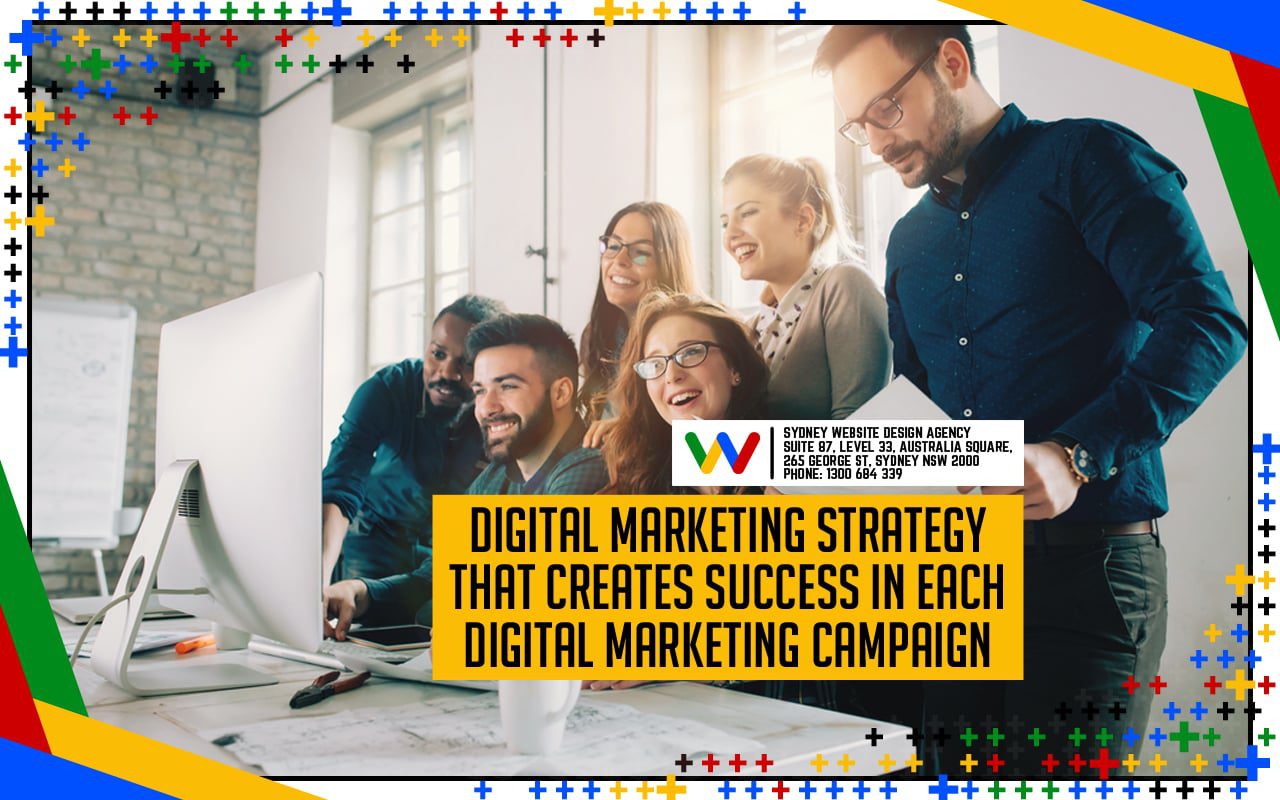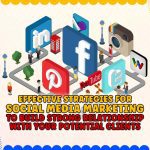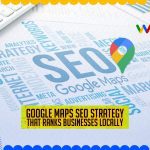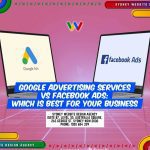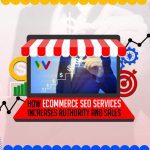Digital Marketing Strategies That Drive Success In Every Digital Marketing Campaign.
A solid digital marketing strategy is essential for success in today’s digital world. To create a successful campaign, it is important to define clear goals, target your audience, and develop a strong branding presence online.
By having a well-thought-out strategy in place, you can effectively reach your target audience and drive more conversions. It is also significant to regularly track and analyse your performance to make necessary adjustments and continuously improve your campaigns.
Overall, a successful digital marketing strategy can greatly enhance the success of your campaigns and ultimately increase leads and revenue for your business.
Overall, a successful digital marketing strategy can greatly enhance the success of your campaigns and ultimately increase leads and revenue for your business.
Introduction
So, are you looking to increase the leads coming to your business from search engines, email marketing and social media etc? If so, then we have good news for you. We’ve created a digital marketing strategy framework that is designed specifically for driving more leads.
Digital marketing is a subset of online marketing that uses digital tools to reach consumers. It’s a great way to connect with customers and promote your brand
Digital marketing encompasses a wide variety of marketing activities, such as search engine optimisation (SEO), pay-per-click (PPC) advertising, social media marketing, content marketing and email marketing.
In this blog post, we will discuss the importance of creating a structured digital marketing strategy for your brand’s success. We will cover how to define your objectives, identify target audiences, create an action plan, and measure the effectiveness of your strategy. By following these steps, you can effectively reach your goals and achieve success in the digital space.
Table of Contents
What is a Digital Marketing Strategy?
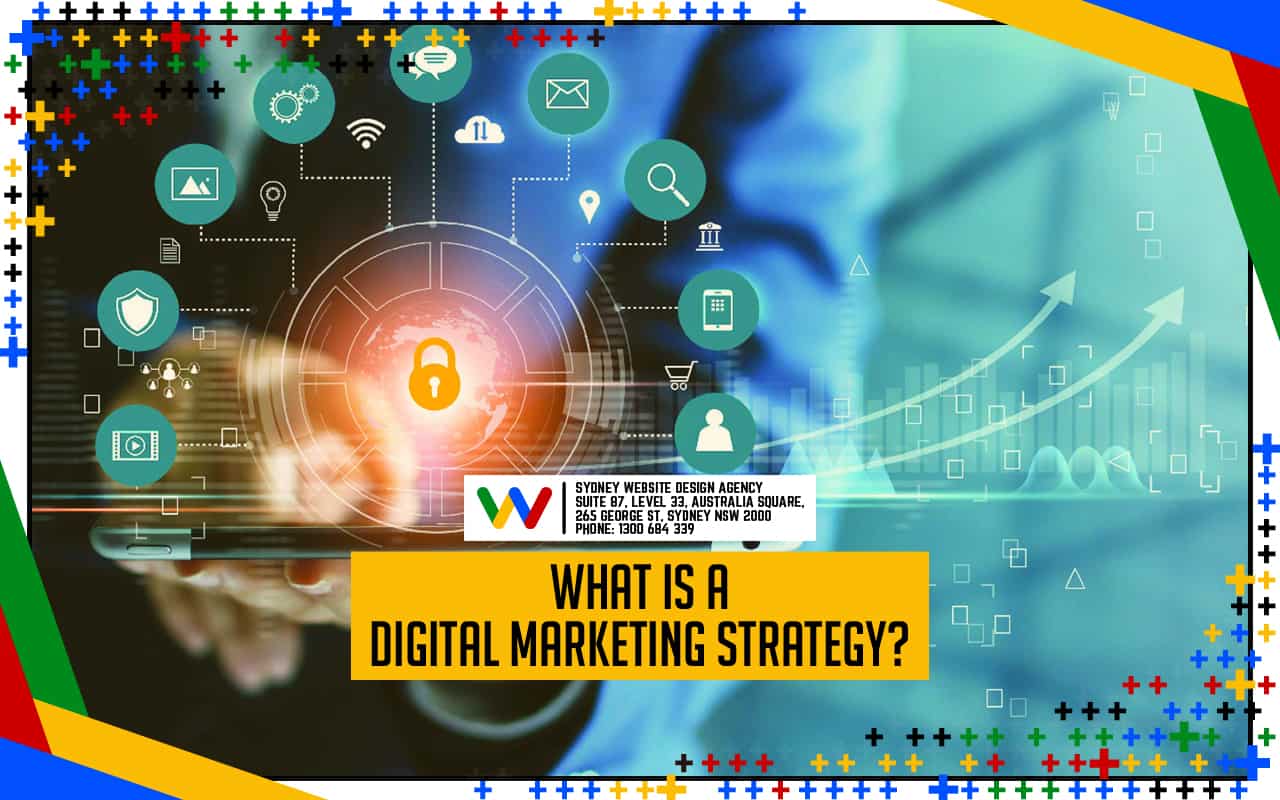
Developing a digital marketing strategy for your business allows you to create an online presence through various channels such as organic search, social media, and paid ads. This plan should also include how customers interact with your website. Creating a digital marketing strategy can be difficult because there are numerous channels to consider, and each has its benefits.
Organic search is one of the most influential digital strategies that drives traffic for websites. It’s a free way to appear in search engine results pages (SERPs), which can help increase brand awareness and website traffic. To improve your organic search ranking, you need to focus on keyword research, optimising your website content, and building backlinks.
Social media is another critical channel for promoting your business online. It allows you to connect with potential and current customers, build relationships, and increase brand awareness. To maximise the reach of your social media posts, you should focus on creating quality content, using relevant hashtags, and tagging relevant users.
Paid advertising is also a great way to promote your business online. Through paid ads, you can reach a larger audience with your message and target potential customers who are more likely to convert. Paid ads can be effective in driving website traffic and generating leads, but they can be expensive. To get the most out of your paid advertising campaigns, you need to carefully select your targeting options and monitor your results.
Digital marketing is an essential part of any contemporary business strategy. By focusing on these three channels—organic search, social media, and paid advertising, you can create a well-rounded online presence that will help you reach your target customers and achieve your business goals.
Your digital marketing strategy is your destination. Your business needs a foolproof plan to ensure success, and that’s what an effective digital marketing strategy will provide. Tactics are the steps you’ll take to achieve your goal, and they should be specific and achievable. So if you want your business to succeed, invest in a comprehensive digital marketing strategy from the beginning.
Defining the Ideal Digital Marketing Strategy for Your Brand
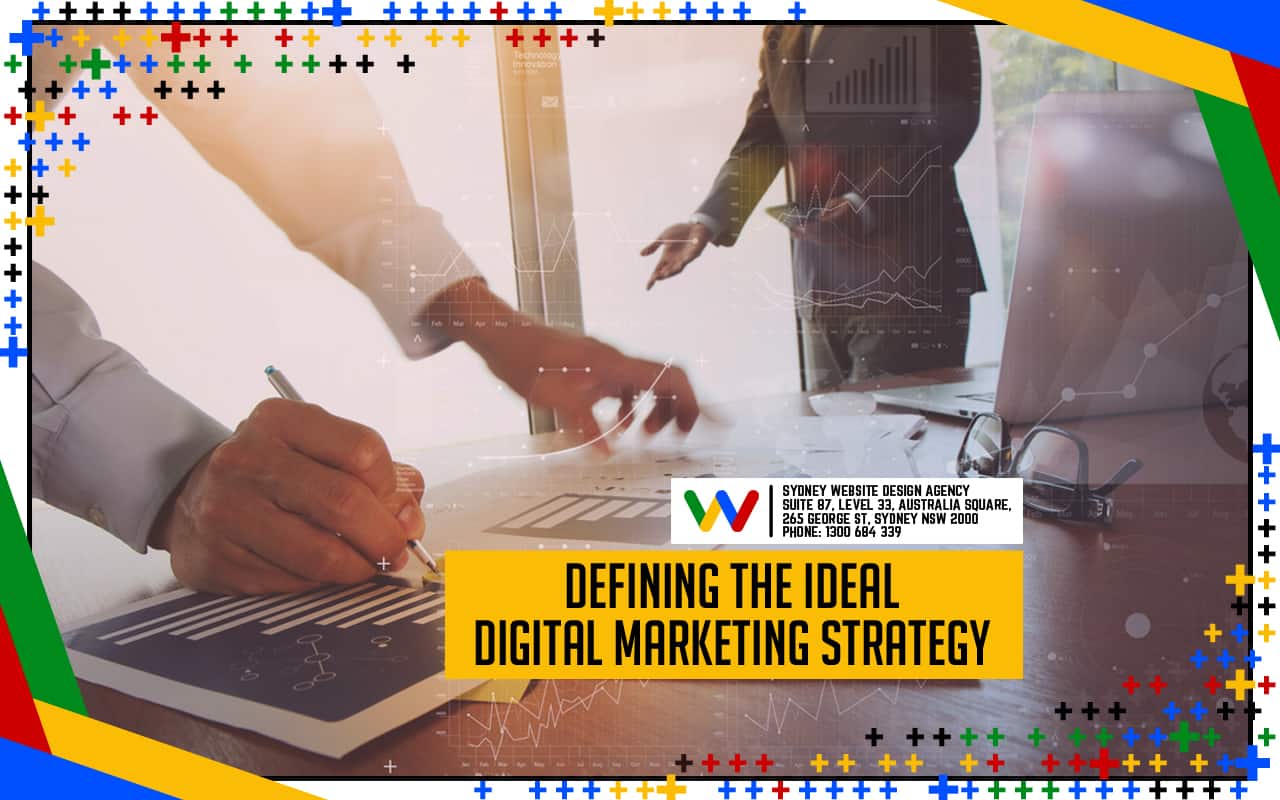
Without a digital marketing strategy, you won’t be able to track your successes or plan for improvements. A digital marketing strategy is time-consuming to put together, but it’s worth it because otherwise, you’ll have no idea if what you’re doing is working and where you could improve.
Before you start feeling overwhelmed about your digital marketing strategy, take a step back and consider the big picture. Check your social media platforms as much as you check your digital strategy.
First, take inventory of what you have and put each vehicle or asset into a spreadsheet. This will give you a clear idea of your existing owned, earned, and paid media. Take notes about the status of your current digital channels and digital platforms.
Once you have an understanding of what digital marketing assets you currently have, then you can start to determine how to best use them to achieve your desired results.
For example, if your goal is to increase brand awareness, then using your owned media (such as your website and blog) is a great way to start. If you’re looking to generate more leads, however, then using paid media (such as online advertising) may be a better option.
Keep in mind that the best digital marketing strategy will use a combination of both owned and paid media to get the most bang for your buck.
Now that you understand what a digital marketing strategy is and why you need one, it’s time to start putting together your own. Here’s a quick overview of what you should include in your digital marketing strategy:
Goals and Objectives
What do you hope to achieve with your digital marketing efforts? Be as specific as possible here.
Target Audience
Who are you trying to reach with your digital marketing? Define your target audience in terms of demographics, interests, and/or behaviours.
Keywords
What keywords or phrases will you be targeting with your digital marketing?
Channels
Which digital marketing channels will you use to reach your target audience? This could include your website, blog, email list, social media platforms, and/or paid advertising.
Content marketing
What kind of content will you create and share via your digital marketing channels? Again, be as specific as possible here.
Budget
How much money are you willing to invest in your digital marketing efforts? Keep in mind that you don’t need a large budget to see success; a well-executed digital marketing strategy can be very effective even on a small budget.
Schedule
When will you implement your digital marketing strategy? Be sure to include specific dates and deadlines here.
Metrics
How will you measure the success of your digital marketing strategy? What metric(s) will you track?
Now that you know what should be included in your digital marketing strategy, it’s time to start putting one together for your business. Use the outline above as a guide and make sure to tailor it to fit the unique needs of your brand.
Once you have a solid digital marketing strategy in place, you’ll be well on your way to achieving your desired results.
Steps in Structuring Your Digital Marketing Plan

Depending on the size of your business, you may have a marketing strategy that involves numerous goals and objectives. As such, working on your strategy can feel quite daunting at times. So, what is the ideal marketing strategy for your brand? How do you create a manageable strategy, yet still allows your business to achieve its marketing goals?
Here are some tips to get you started:
Defining your Objectives
Once you know who you’re targeting with your marketing efforts, it’s time to set some goals. What do you want to achieve with your digital marketing campaigns? Do you want to increase brand awareness? Drive more traffic to your website? Generate more leads?
Whatever your goals may be, make sure they are specific, measurable, achievable, relevant, and time-bound (SMART). This will help you track your progress and ensure that your campaigns are on track to meet your goals.
Identifying Target Audiences
The first step to any successful marketing strategy is identifying your target audience. Who are you trying to reach with your marketing campaigns? Once you know who your target audience is, you can better tailor your campaigns to appeal to them.
No matter the marketing strategy you choose – digital or not – understanding who your target market is a necessity. The most successful digital marketing strategies are those that have detailed buyer personas at their foundation, so start there.
It’s important to create buyer personas that represent your ideal customer(s). You can do this by researching, surveying, and interviewing your business’s target audience.
When creating these personas, always base the information from real data whenever possible. Making assumptions about your audience can lead to ineffective marketing strategies.
Creating an Action Plan
Providing Quality Content
Once you know who you’re targeting and what you want to achieve, it’s time to start creating content. In order for your campaigns to be successful, you need to create content that is compelling and interesting enough to capture the attention of your target audience.
Your content should also be relevant to the products or services that you offer. If you’re selling fitness equipment, for example, your content should be related to fitness, health, or wellness.
If you want your content to be seen by your target audience, you need to make sure it’s optimised for search engines. This means implementing an effective SEO strategy.
There are several things you can do to optimise your content for search engines, including using relevant keywords, creating compelling titles and meta descriptions, and formatting your content in a way that is easy for search engines to understand.
Distributing Your Content
Once you’ve created great content, it’s time to start promoting it. There are many ways you can promote your content, including through social media, email marketing, paid advertising, and more.
Choose the channels that make the most sense for your business and start promoting your content to reach your target audience.
Measuring the Effectiveness of your Strategy
Finally, don’t forget to measure the results of your campaigns. This will help you determine whether your digital marketing strategy is working.
There are numerous metrics you can track, including website traffic, leads generated, conversion rate, and more. By measuring your results, you can adjust your strategy as needed to ensure that you’re achieving your desired outcomes.
Creating an effective digital marketing strategy doesn’t have to be complicated. By following these simple tips, you can create a strategy that will help you achieve your marketing goals and grow your business.
By using digital marketing channels, businesses can reach a larger audience more effectively and efficiently, which in turn will lead to increased sales.
Experimenting with Other Digital Marketing Strategies
In addition to the digital marketing strategy outlined above, there are a number of other digital marketing strategies you can experiment with to see what works best for your business.
Some other digital marketing strategies you may want to consider include:
Social media marketing
As we mentioned earlier, social media is a great way to increase brand awareness and reach your target audience. Experiment with different social media platforms and content types to see what generates the most engagement from your target audience.
Search engine optimisation (SEO)
If you want your website and blog content to be found by potential customers, then you need to make sure it’s optimised for search engines. Experiment with different keyword phrases and make sure your website and blog content is informative and keyword-rich.
Paid advertising
Paid advertising, such as Google AdWords or Facebook Ads, can be a great way to reach your target audience. Experiment with different ad formats and platforms to see what generates the most leads or sales for your business.
Email marketing
Email marketing can be a great way to stay in touch with your customers and prospects and promote your products or services. Experiment with different email types (such as newsletters, coupons, and announcements) to see what gets the best response from your audience.
Content marketing
Content marketing is all about creating and sharing informative, valuable content that helps solve your target audience’s problems. Experiment with different content formats (such as blog posts, infographics, and videos) to see what gets the most engagement from your target audience.
As you can see, there are a number of different digital marketing strategies you can experiment with to find what works best for your business. But don’t feel like you have to try each one; just focus on a few that you think will be most effective for achieving your desired results.
Benefits of Digital Marketing for Your Business
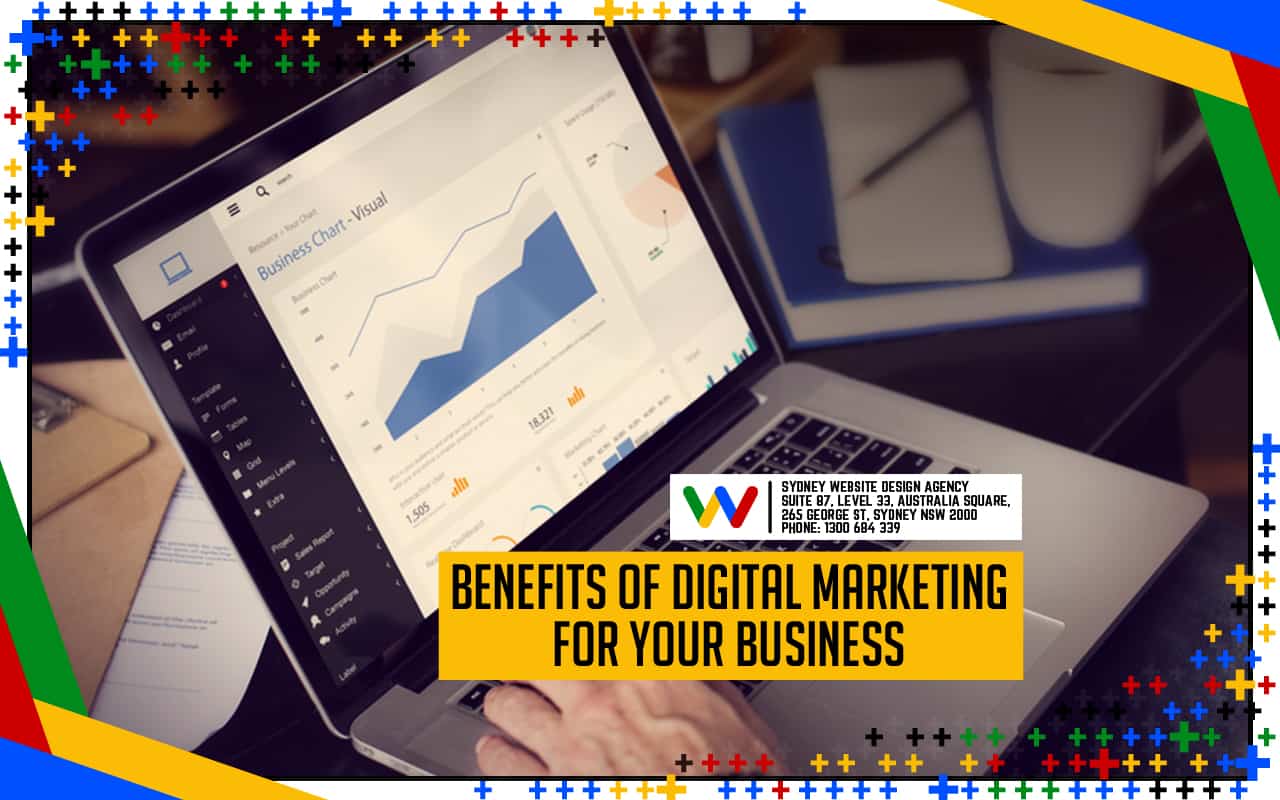
Now that you know more about digital marketing and how it can help your business, you may be wondering what benefits it can offer. Here are just a few of the many benefits of digital marketing:
It’s cost-effective: One of the biggest benefits of digital marketing is that it’s very cost-effective. Unlike traditional marketing, which can be quite expensive, digital marketing is very affordable and can be done on a shoestring budget.
Offers Local and Global Reach
Unlike traditional marketing, which is limited to a local audience, digital marketing offers both local and global reach. This means you can target customers all over the world with your digital marketing campaigns.
With an online store, even the smallest local business owner can reach customers all over the world, something that would either be impossible or very costly to do with traditional marketing methods. This increased accessibility has opened up many doors of opportunity for businesses large and small. Having a global reach and visibility is a great asset for any company.
One significant advantage that digital marketing has over traditional marketing is its global reach; however, it also improves local visibility. This can be extremely important if your business relies on customers who live near you. Using local SEO and targeted ads can help bring more people to your company instead of having to print out and distribute flyers around town, which takes a lot more time and effort.
Lower Cost
Digital marketing is the most cost-effective way to promote your business, whether you’re a small local company or a large international one. With digital marketing, even the smallest businesses can compete with larger companies by using targeted strategies.
Though some digital marketing techniques have no start-up costs (SEO, social media, content marketing), not every form of digital marketing fits every business. Additionally, some solutions may be more costly than others. To find what will work best for your company, consider your desired outcome and objectives.
Easy to Learn
Although digital marketing encompasses several skills, it is easy to get started in. The level of difficulty increases based on the type of goal and scope of campaign; however, success boils down to finding a strategy that works for your business model.
With that in mind, it is important to understand all aspects of digital marketing before jumping in. You wouldn’t want to put all your eggs in one basket or, in this case, all your money into one campaign, and see little to no return. Diversifying your skills and knowledge base will help you succeed in the long run.
Effective Targeting
Although it might be unclear who your target audience is, digital marketing allows you to collect data and find which audiences will be most responsive to your campaign. There are many ways of targeting an audience, from using keywords for SEO strategies, pay-per-click, or through the demographics you can generate from your social media.
The multitude of targeting options available to you ensures that each marketing campaign maximises its potential reach. Furthermore, it allows you to gauge shifts in customer behaviour and adapt your campaigns as necessary. Understanding what your customers want and responding quickly is essential for any business wanting to succeed.
Several Digital Strategies to Explore
The strategies that businesses use for digital marketing vary depending on the business type. For example, a B2B company trying to gain international clients will have an extremely diverse strategy than a local B2C clothing store.
Many businesses think that they need to hand over a lot of money for paid ad campaigns, or is content marketing and SEO enough. The key is being able to always analyse the results, so you can improve your tactics with time. A well executed digital marketing strategy should be one that changes rapidly as the business’s needs evolve.
Increased Engagement
Digital marketing techniques allow customers and clients to engage with your company like never before. Through two way communication channels, you can quickly get feedback and make the necessary changes to improve customer satisfaction. Additionally, digital marketing allows you to create a more personal relationship with potential and current customers.
This increased engagement will result in higher customer loyalty and conversions. Furthermore, it allows you to build a rapport with customers that can be extremely beneficial for your business. If a customer feels like they know and trust your company, they are much more likely to use your products or services.
Improved Branding
Digital marketing is a great way to improve branding for any business type. Whether you’re looking to increase brand awareness or reputation, digital marketing can help. Through increased engagement and personalised content, you can connect with customers on a deeper level and improve the way they perceive your brand.
Additionally, effective digital marketing will result in more leads and conversions. If potential customers see that others are using and enjoying your products, they are much more likely to use them as well. Increasing brand loyalty is essential for any business that wants to succeed in the long run.
Digital marketing is a great way to improve your business’s bottom line. However, it is important to understand all aspects of digital marketing before diving in headfirst. Consider your desired outcome and objectives before choosing a digital marketing strategy. And always remember to analyse your results, so you can fine-tune your tactics over time!
Digital Marketing Strategy Frequently Asked Questions
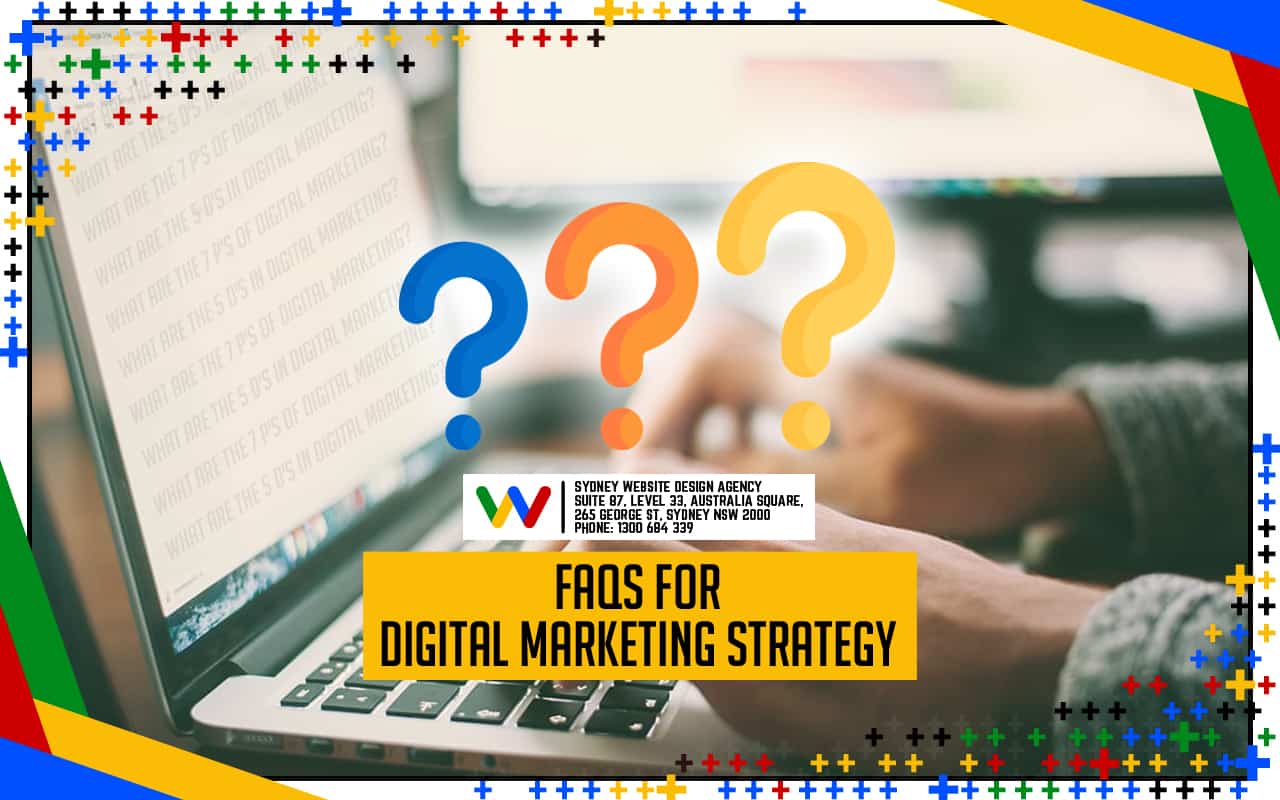
What is the significance of social media marketing in achieving business objectives?
How do effective digital marketing strategies help in generating leads?
What are the key components of an effective digital strategy?
How does social media contribute to achieving business goals?
How can google analytics improve your digital strategy?
What role does content creation play in a successful digital marketing campaign?
How can online forms and landing pages contribute to lead generation?
How can small businesses benefit from an effective digital strategy?
What are the advantages of incorporating influencer marketing into your marketing strategies?
Which Digital Marketing Strategy is Right for You?
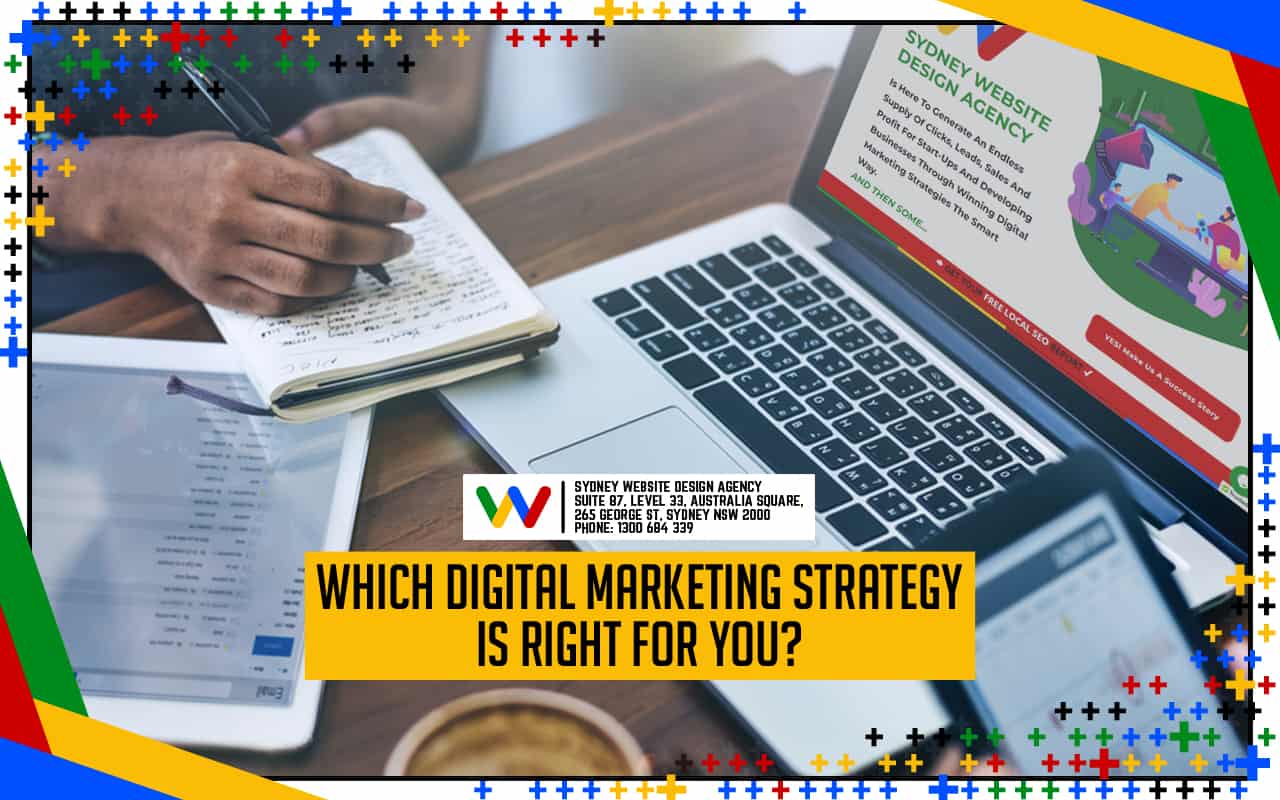
In conclusion, it is important to have a well-thought-out digital marketing strategy in place to drive more leads and effectively connect with customers. By defining your target audience, setting specific goals, and identifying which tactics will be most effective for reaching those goals, you can create a successful plan for your brand’s digital marketing efforts. It is also important to regularly review and adjust your strategy as needed to stay on track and continue meeting your objectives.
